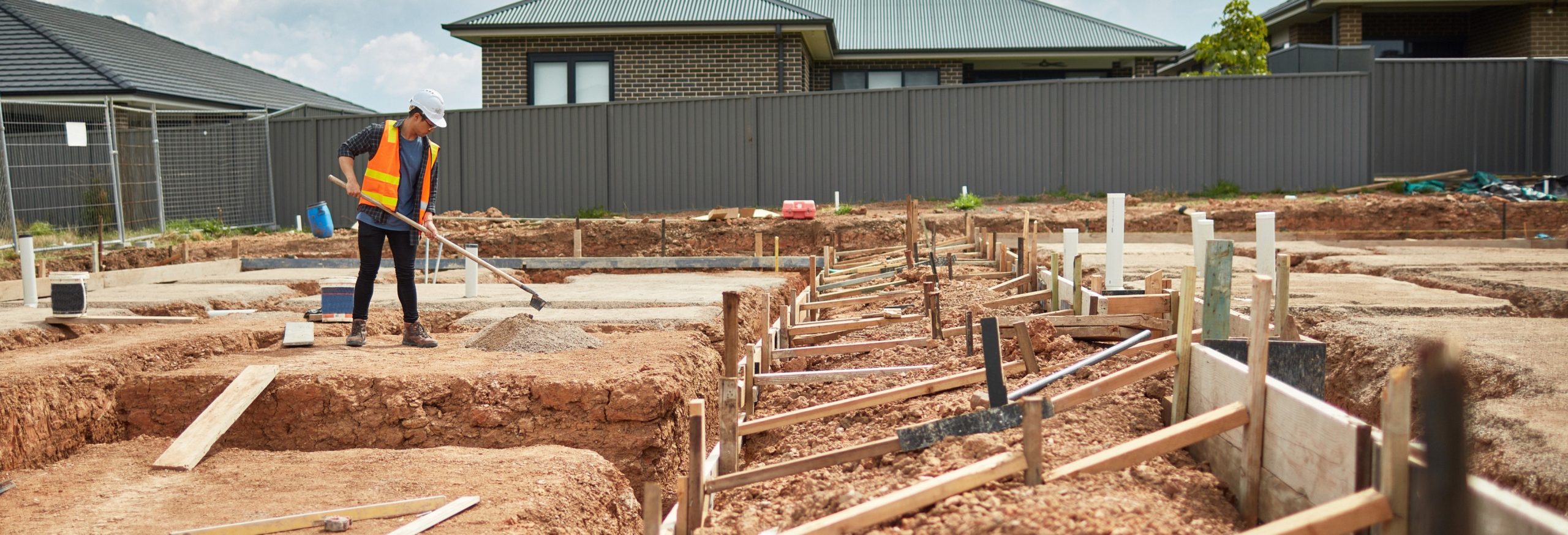Picture this:
You have heard a few success stories about friends and acquaintances making nice profits in property development without too much time and effort invested. Maybe you have discussed the idea with some other family members or colleagues and have agreed to go in together and split the profit between yourselves. You look out for a commercial property opportunity, or a house on a large multiple hectare lot that you would be able to buy and then plan to subdivide in the future to retire debt. You keep your eye on the market, and an opportunity comes up that is exactly what you are after. You know you have to jump quickly to secure the property.
What do you do?
You are short on time in securing the property, so you take the money from wherever is available, putting ownership under a trust or a partnership structure as seems most logical, but not necessarily reflecting the way you have agreed to distribute profit. You register for GST as per the requirements of the law.
What could go wrong?
Without thorough preparation and planning from an accounting and legal point of view, several issues could arise.
1.
Disproportionate profits & tax
liabilities
The owner of the property
is the one who will realise the profit. You cannot divorce the owner of the
property with a potential ‘developer’ of the property. Getting the ownership
structure wrong could cause unexpected tax outcomes for one particular party.
2.
Capital vs Revenue Account
There is always the question whether the profit will be on ‘Capital’ or ‘Revenue’ account. The burden of proof is always on the taxpayer to prove this is a capital gain and not revenue.
What should have been done?
Discussing with your accountant or advisor before beginning the process (perhaps even before the land becomes available) is the first step to avoiding unplanned and suboptimal outcomes particularly relating to tax payable and ownership.
Other important aspects to be aware of are:
1. If you have set up trusts or partnerships, do you have a signed partnership agreement in place?
2. Creating a bank account under the name of the owner of the property and having that entity pay for the purchase is best practice.
In a recent Western Australia case, McCarthy v FC of T, Administrative Appeals Tribunal of Australia, 28 May 2021 resulted in a loss by the taxpayer. The property owner and subdivider was a bookkeeper who undertook a property development exercise and attempted to claim the profit on capital account. Despite having never done property development before, the ATO won the case and the proceeds were taxed on revenue account. The ATO had done their research and learnt that the taxpayer had made enquiries with councils, banks, and real estate agents regarding subdivision prior to purchase of property, showing that the intention was to make a profit.
BEWARE: The ATO are being increasingly aggressive in considering these gains as revenue not capital for tax purposes.
To give your accountant/adviser the best
chance of creating the ideal scenario, it is always easiest to offer advice
before any purchases are made. Even if it is a quick decision - a phone call to
your accountant could save you a big problem later down the track. Second best
is discussing with your adviser AFTER you have made the purchase but BEFORE you
have made the profit. Once the transaction has completed, there is not a lot
that can be done to optimise the structure of the transaction.


